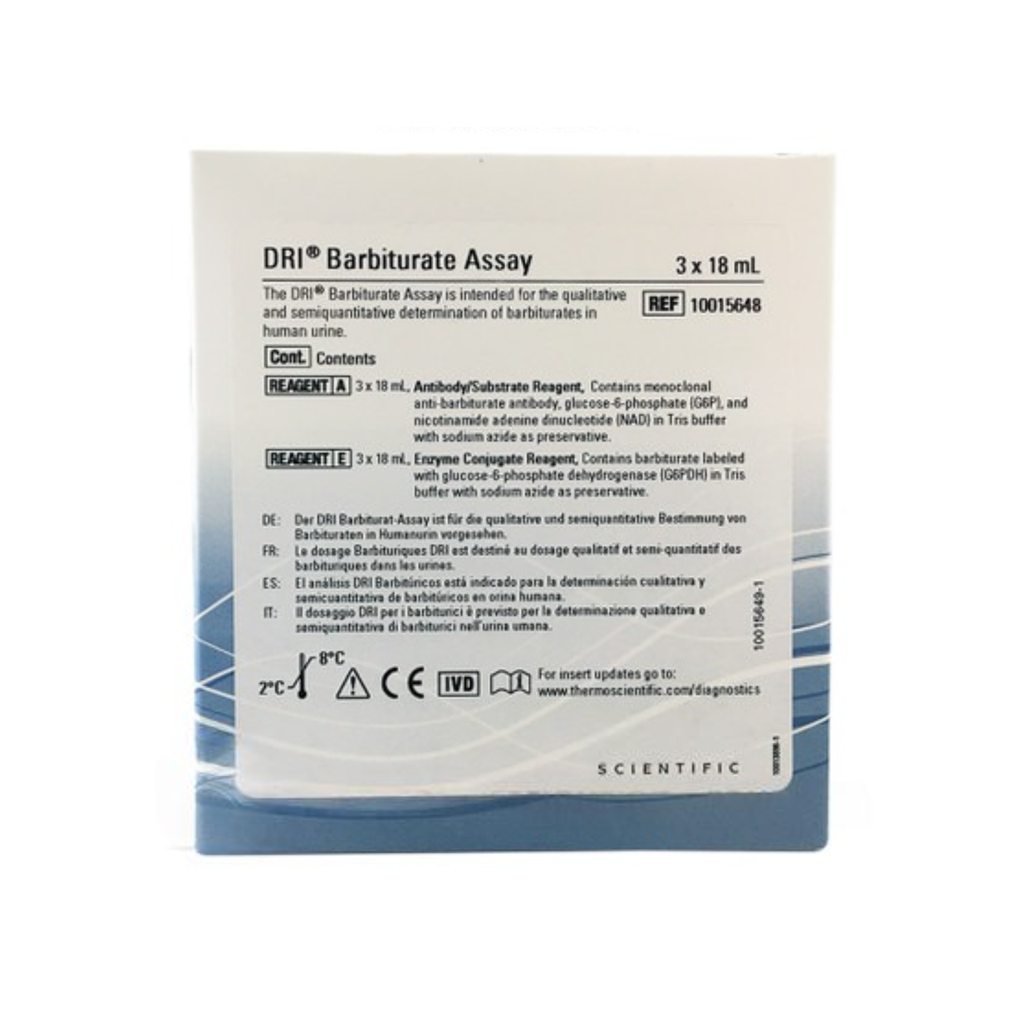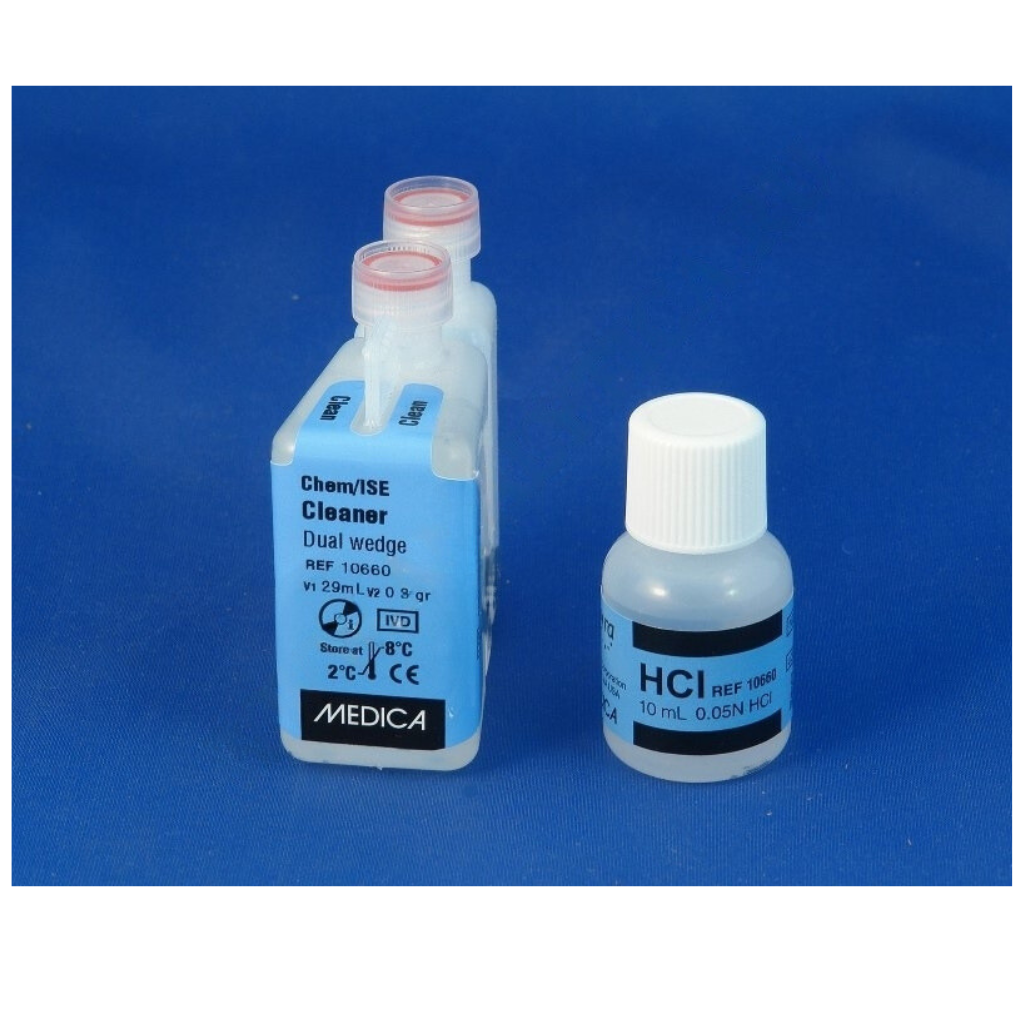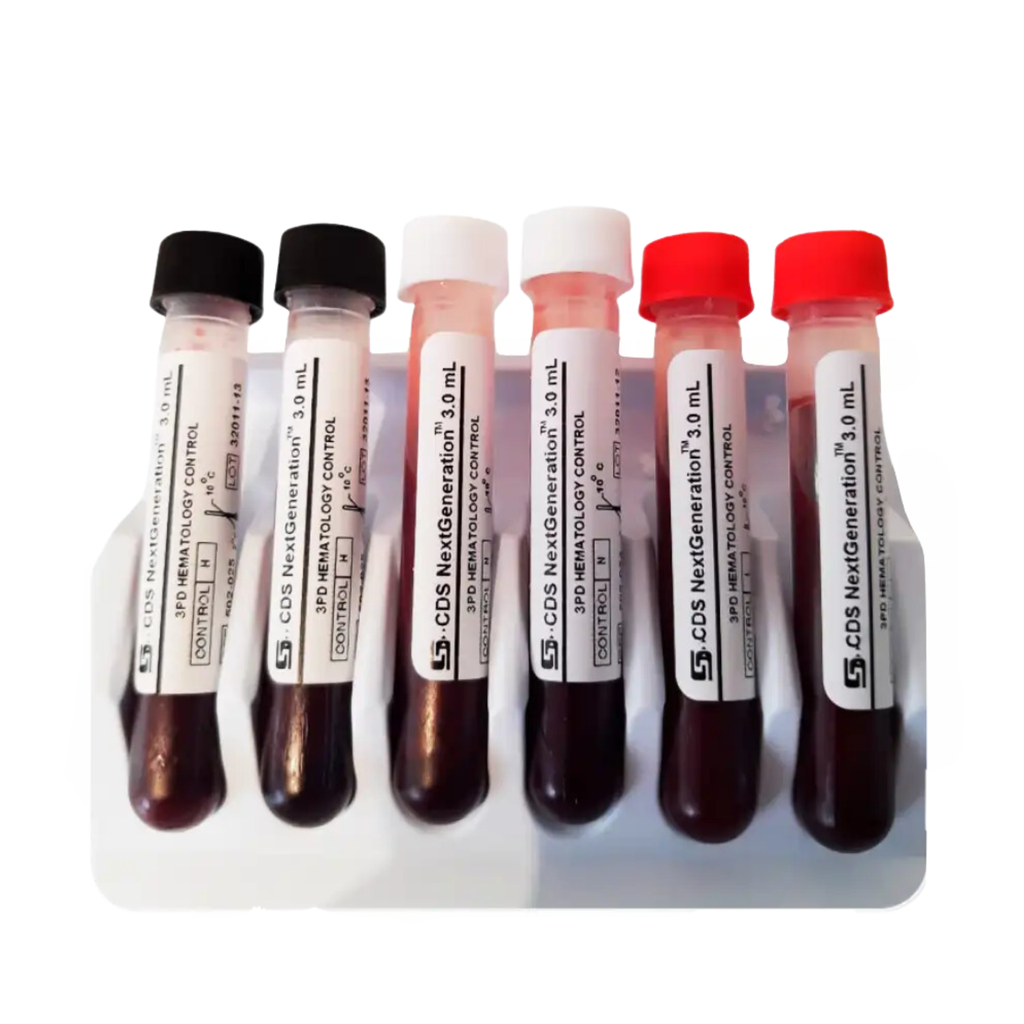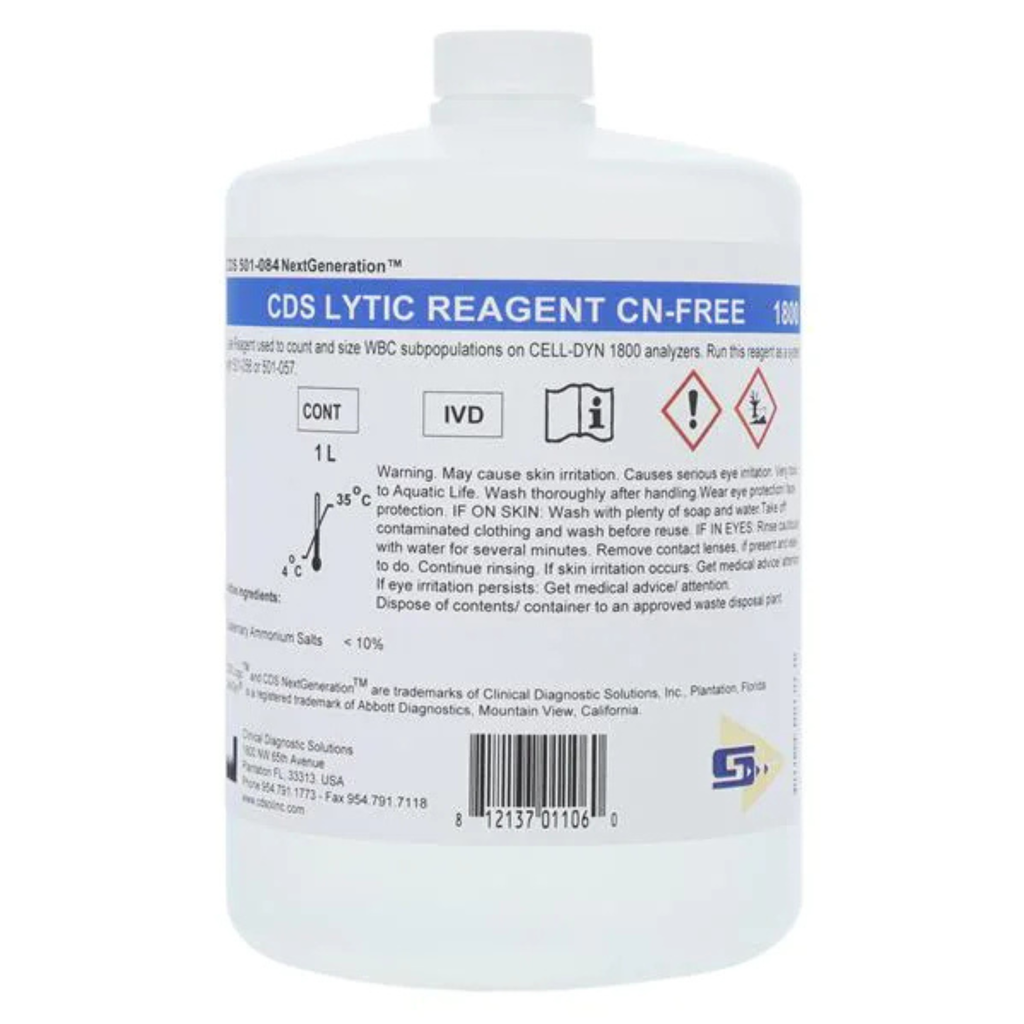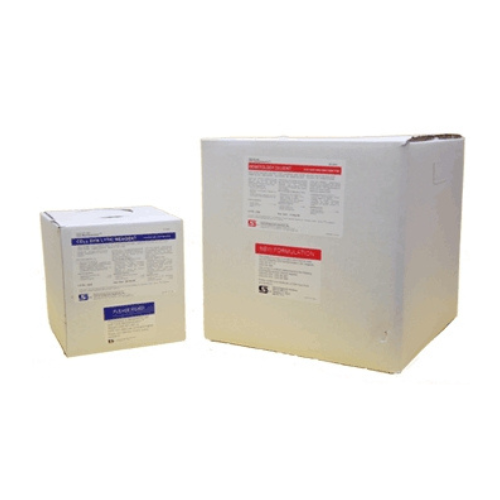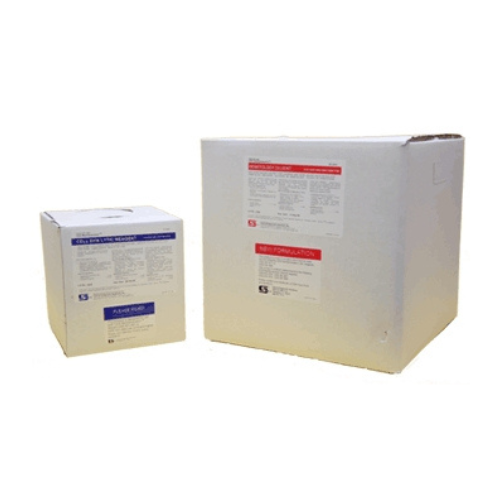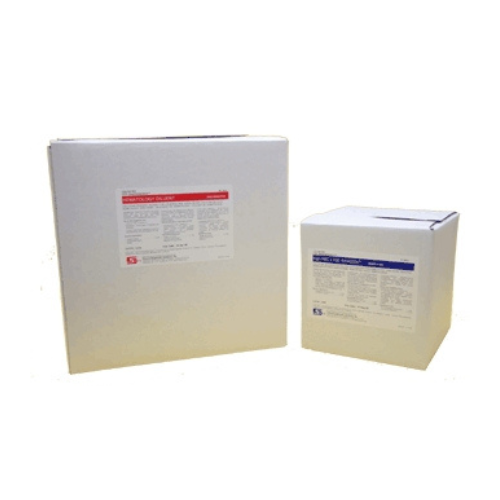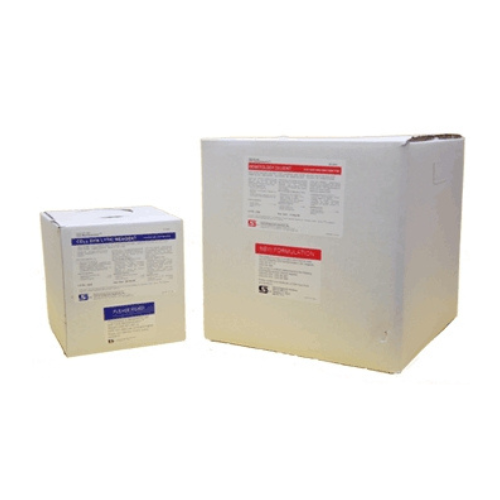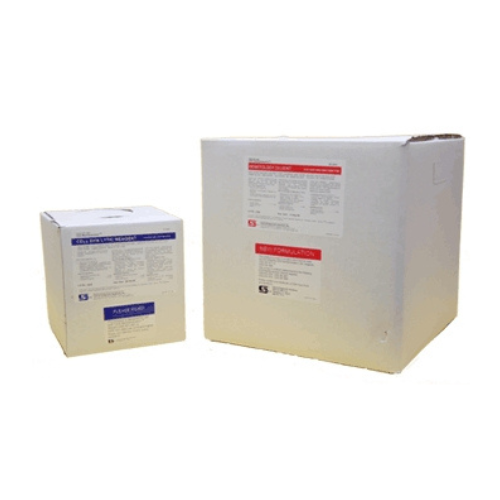For Business Use Only. Does Not Ship to Residential Addresses. For use inside an Analyzer, Sold Separately.
Thermo Kit Barb Rgt DRI
In Stock
Product Code: T-10015648
Manufacturer: Thermo Scientific
Shipping Weight: 2.00lbs (0.91kg)

Meet your sales rep Lee Doughton, for the West USA region.
Would you like to schedule a 30-minute consultation with Lee Doughton?
Yes, Schedule a callThermo Kit Barb Rgt DRI
Specifications
- Control Sets: MGC Multi-Drug Controls
- Description: DRI Barbiturate Drugs of Abuse Assays
- Detectable Analytes: Secobarbital
- DoA Calibrators: DRI Multi-Drug Calibrators
- Quantity: 3 x 18 mL
- Storage Requirements: 2° to 8°C
Intended Use
The DRITM Barbiturate Assay is intended for the qualitative and semiquantitative determination of barbiturates in human urine with 200 ng/mL as cutoff calibrator.
Summary and Explanation of the Test
Drug abusers may abuse various barbiturates, such as short-acting secobarbital and long-acting phenobarbital, through oral ingestion or by intravenous and/or intramuscular injection. Long-term abuse can lead to respiratory depression or, in severe cases, coma. When ingested, a barbiturate is rapidly metabolized and excreted into urine, allowing immunoassays to detect recent use.
The DRI Barbiturate Assay is a homogeneous enzyme immunoassay using ready-to-use liquid reagents. The assay uses monoclonal antibodies that detect most barbiturates in urine. The assay is based on the competition of an enzyme glucose-6-phosphate dehydrogenase (G6PDH) labeled drug and the drug from the urine sample for a fixed amount of specific antibody binding sites. In the absence of drug from the sample, the G6PDH labeled drug is bound by the specific antibody and the enzyme activity is inhibited. This phenomenon creates a relationship between drug concentration in urine and the enzyme activity. The enzyme G6PDH activity is determined spectrophotometrically at 340 nm by measuring its ability to convert nicotinamide adenine dinucleotide (NAD) to NADH.



